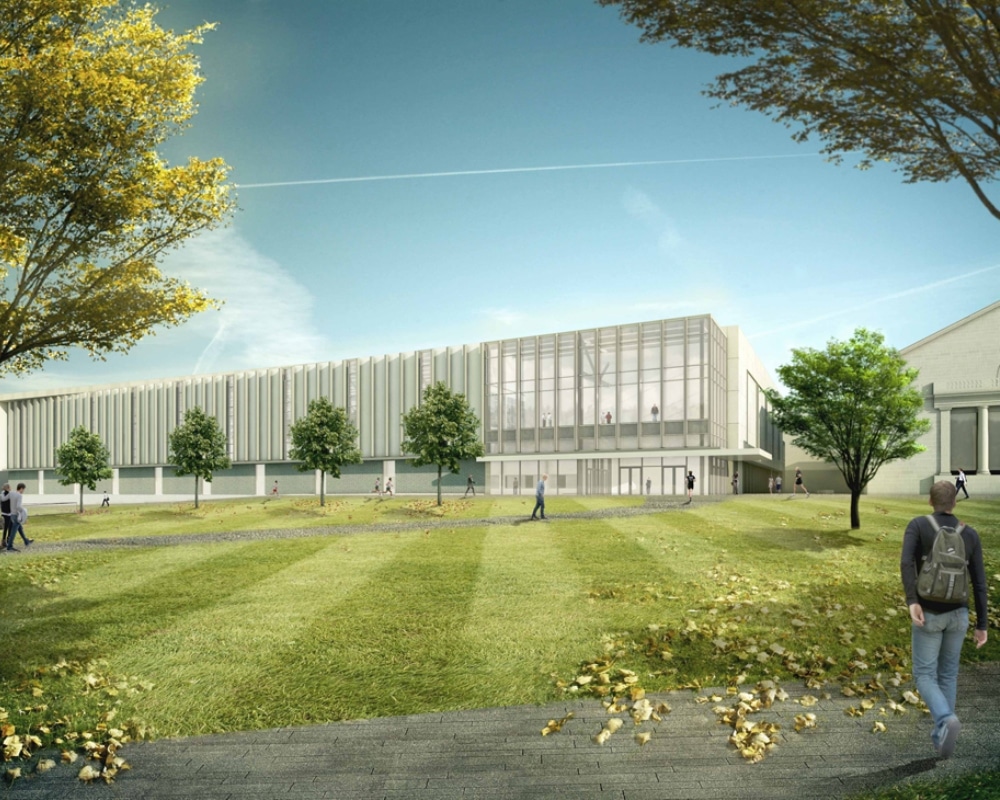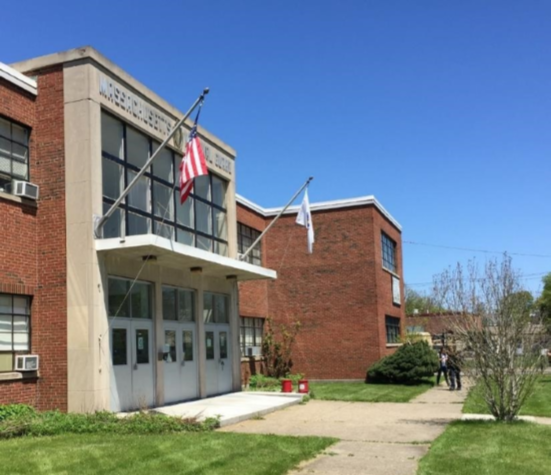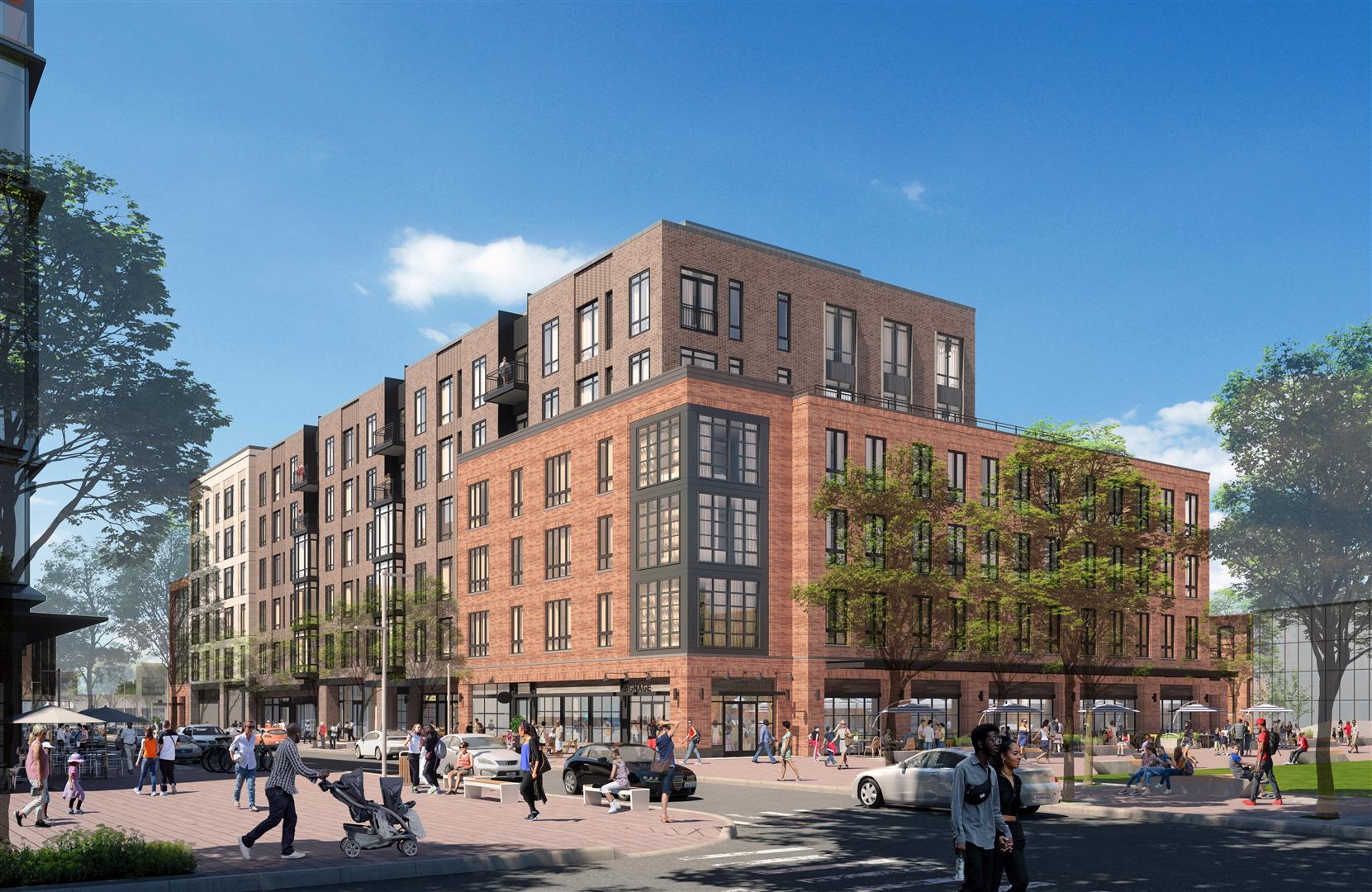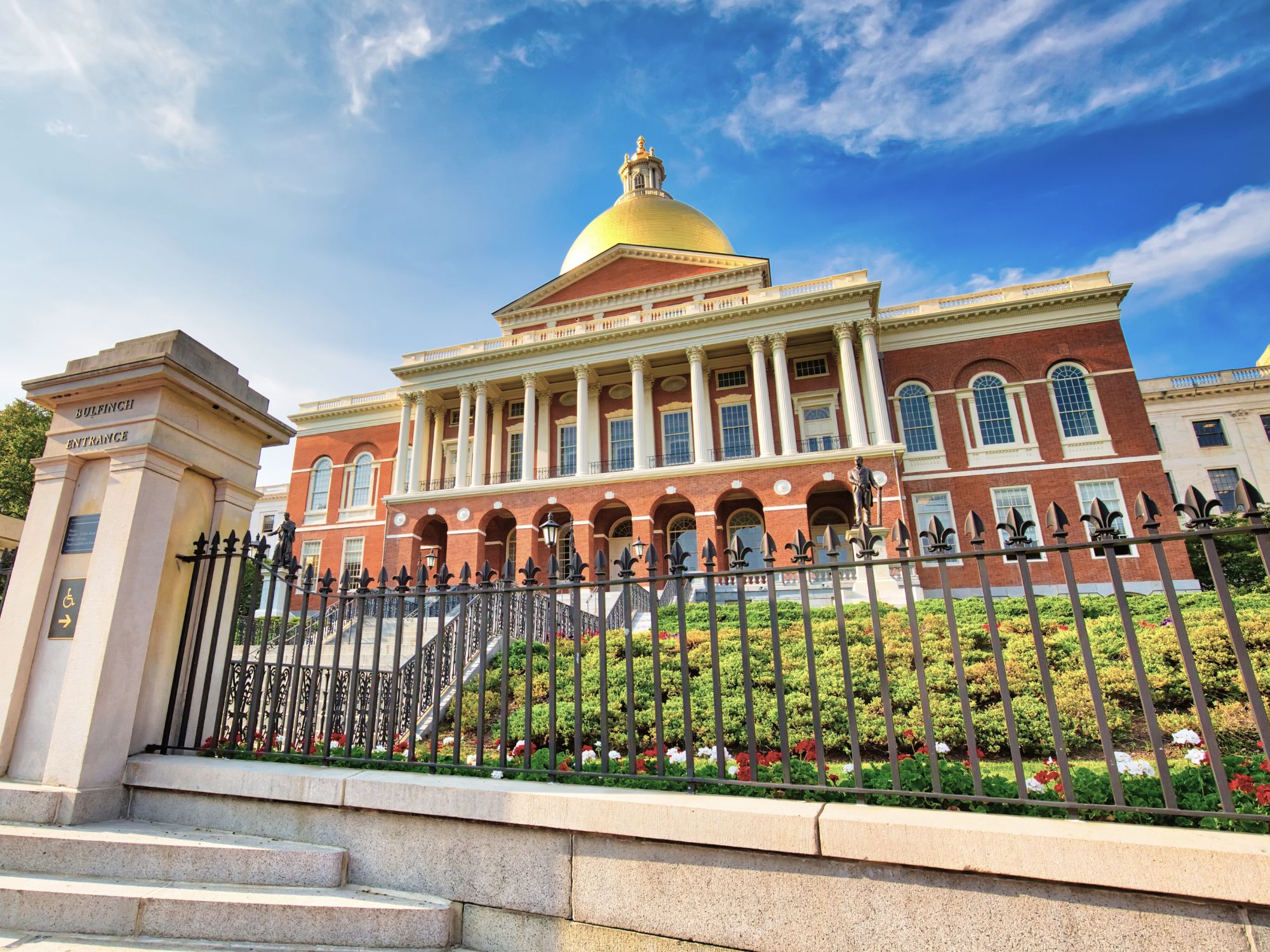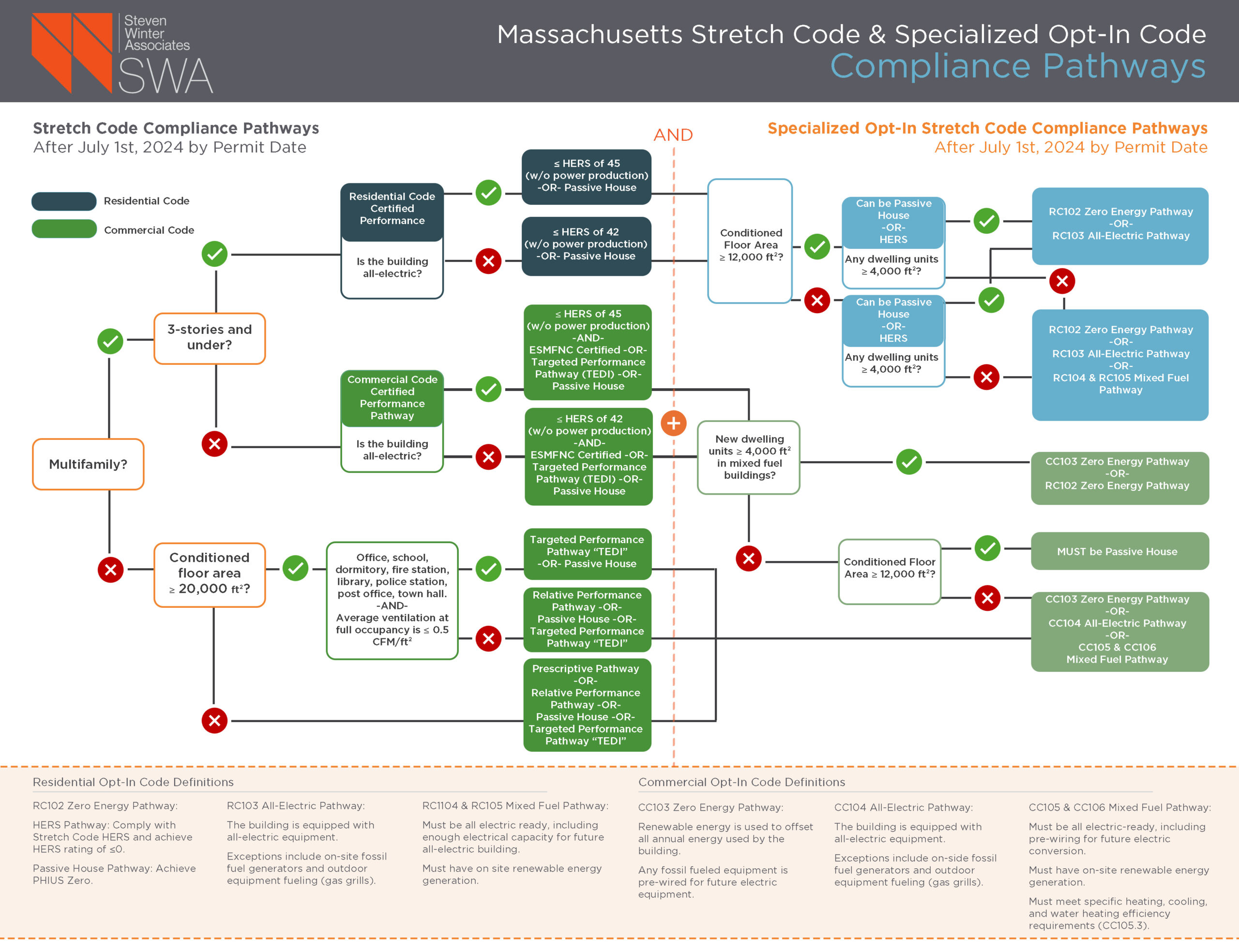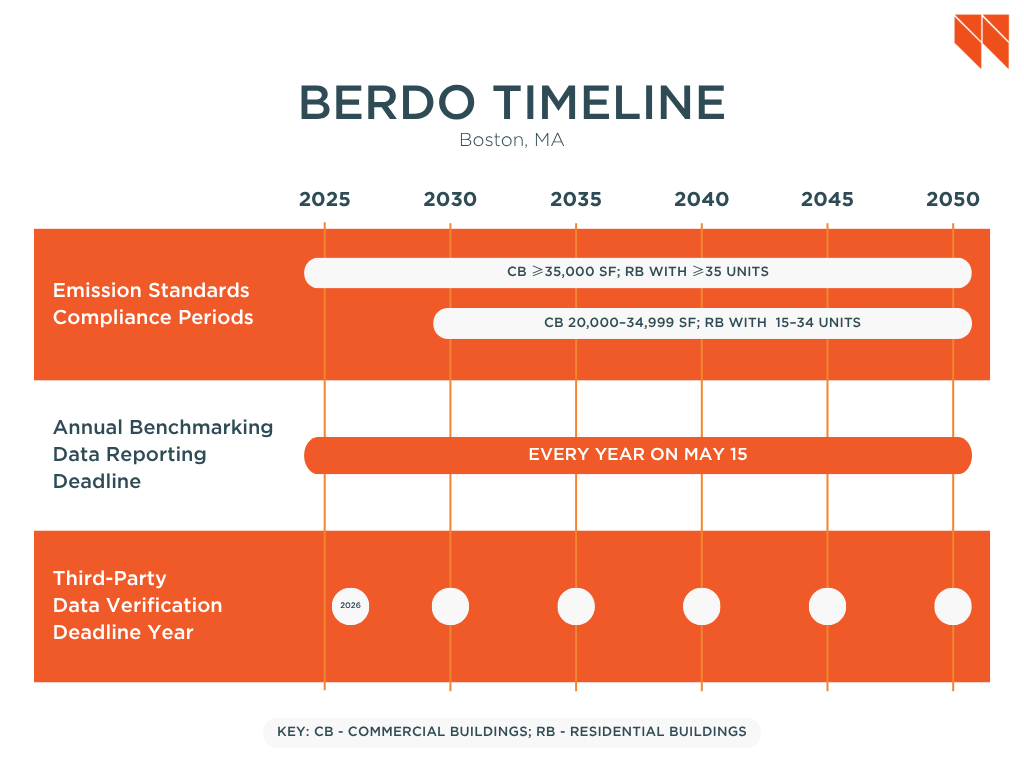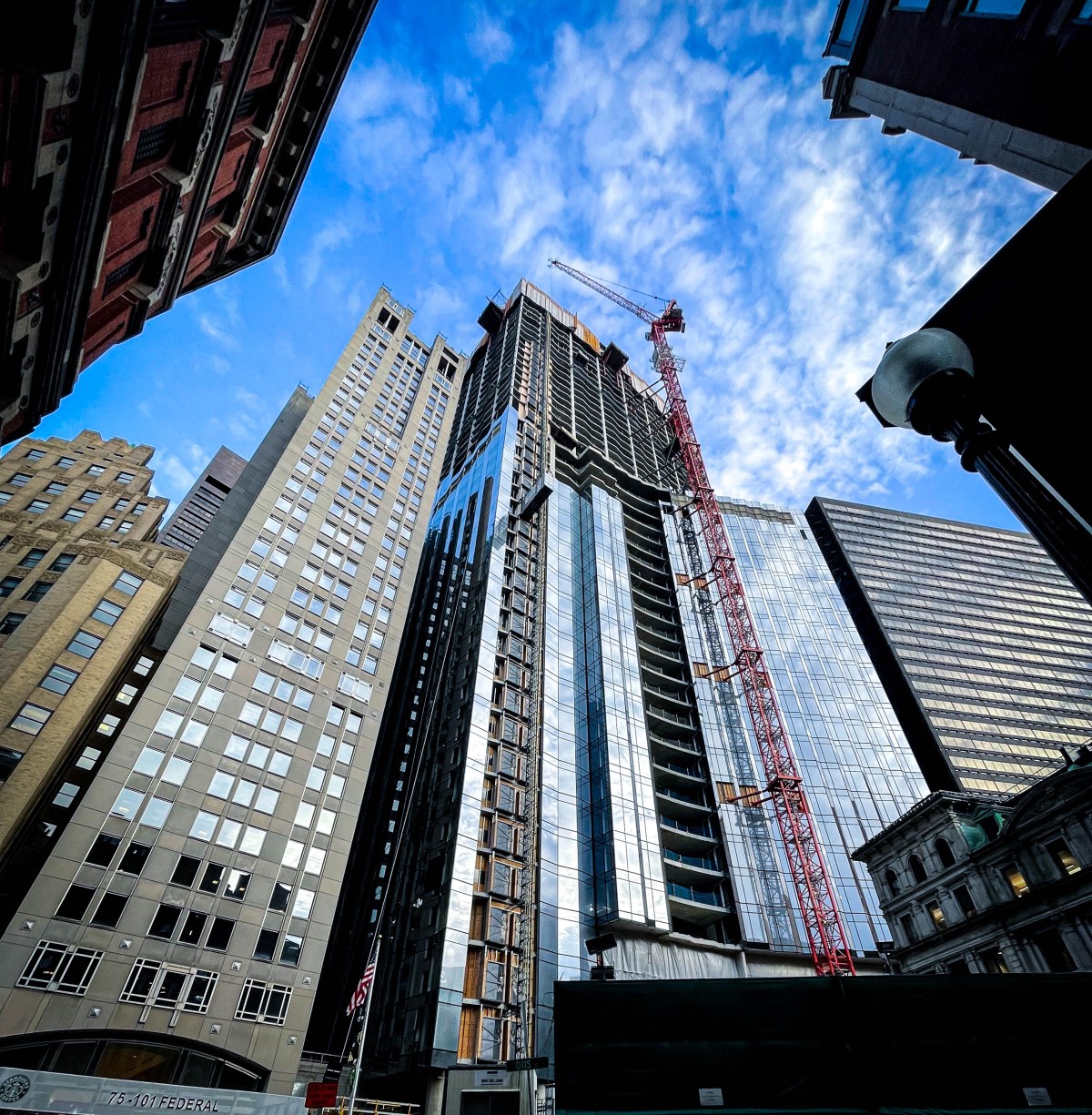
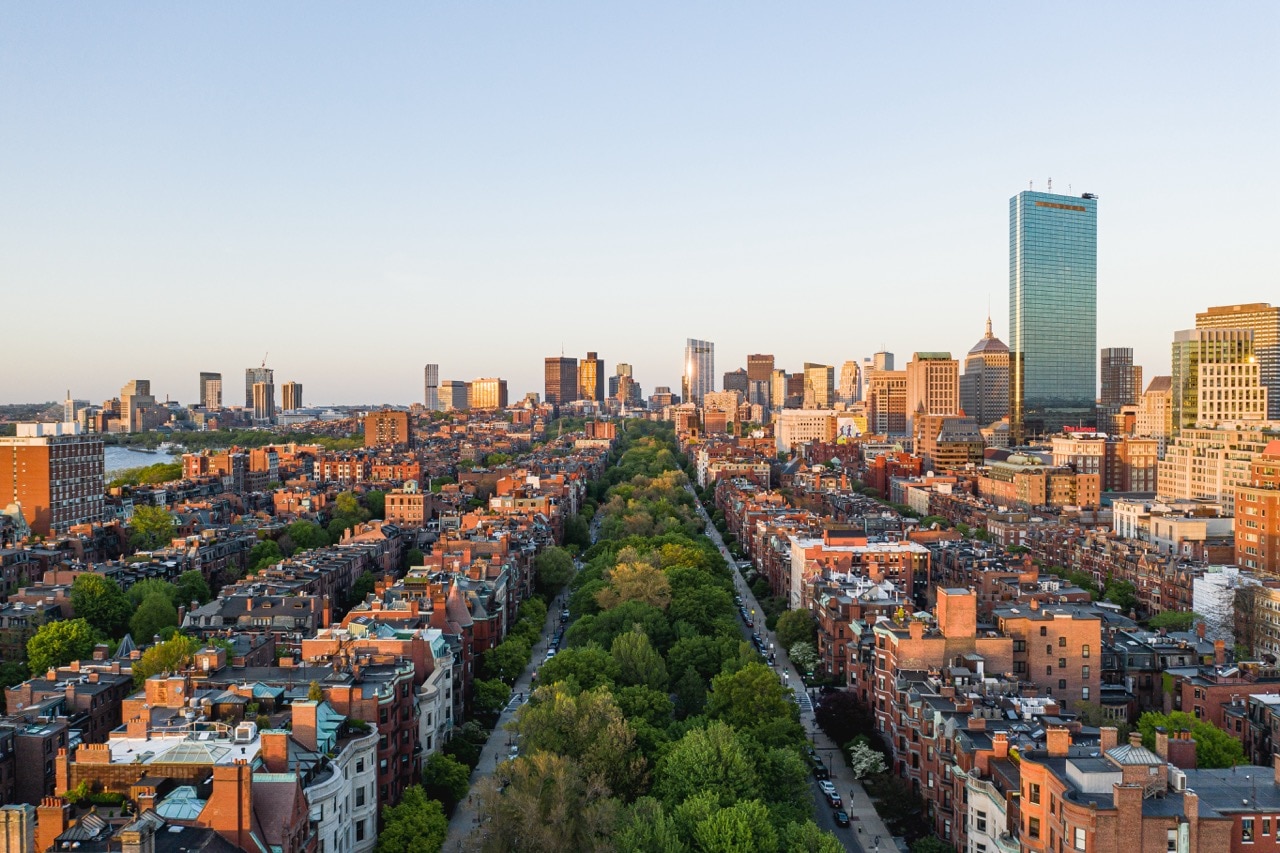
Massachusetts Stretch Code & Boston BERDO Consulting
OUR EXPERTISE
Experts in Massachusetts Energy Code & Carbon Mandates
…so you don’t have to be.
Evolving energy codes and emissions-reduction mandates can add a layer of complexity to your projects. We can guide you through the requirements specific to Metro-Boston and throughout Massachusetts area to achieve compliance, incentives, and long-term sustainability goals.

Programs we Support
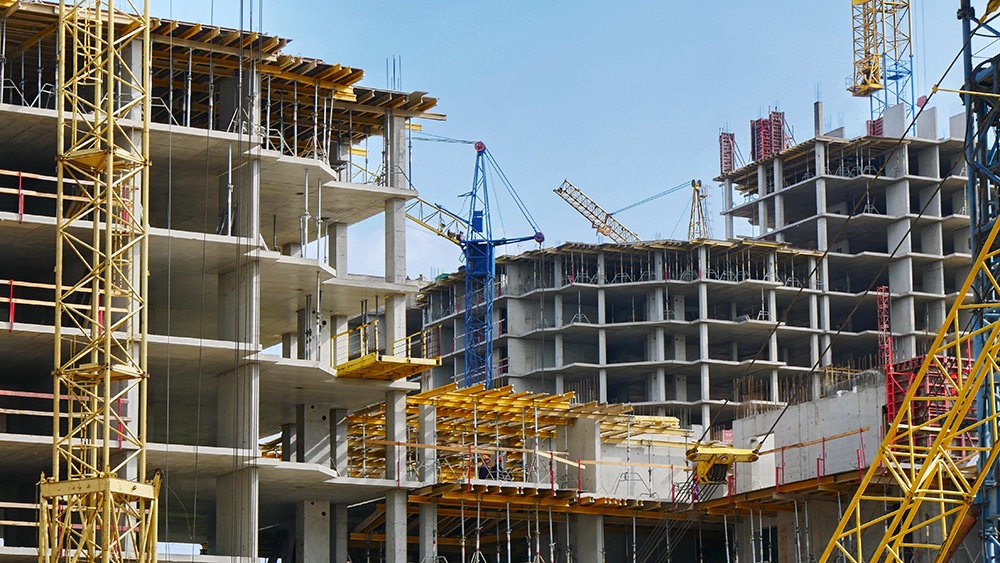
Massachusetts Stretch Code & Specialized Opt-In Code

Boston Building Emissions Reduction and Disclosure Ordinance (BERDO)
High-Performance
Schools
Massachusetts Collaborative for High-Performance Schools (MA-CHPS) focuses on sustainable design and construction for educational facilities.
Green Communities Grant Program
Provides funding for energy efficiency and renewable energy projects in Massachusetts municipalities, including Boston
Article 37 of the Boston Zoning Code
Addresses sustainable design and energy efficiency requirements for large-scale projects
Renew
Boston
Encourages energy efficiency and renewable energy adoption in municipal facilities.
Services
Massachusetts & Metro Boston Consulting Services
Sustainability Planning & Analysis
Translate your needs and goals into a holistic plan based on our long track record of success.
Green Building Certifications
Achieve certifications via industry-leading sustainability and wellness programs.
Building Enclosures
Optimize building envelopes for maximum energy efficiency, occupant comfort, durability, and resilience.
Projects
Massachusetts & Metro Boston Projects
Knowledge Hub
Massachusetts & Metro Boston Resources
Massachusetts Stretch Code & Specialized Opt-In Code
We can help you put the stretch code within reach.
For new construction and major renovations, the Massachusetts Stretch Code and Specialized Opt-In Code have been adopted by many municipalities as a path to reach 2050 net-zero targets.
What Compliance Pathway is Right for Your Project?
Depending on the project type, size, power-source, and other factors, you may have one or multiple options for compliance.
Why comply using the Passive House Standard?
Passive House is the only pathway that meets both Stretch and Specialized Opt-in Code compliance requirements for all building types. While HERS or Thermal Energy Design Intensity (TEDI) performance paths remain options dependent upon the building type, size, and code.
- Optimal operational energy and carbon savings
- Increased Indoor Air Quality (IAQ)
- Unparalleled thermal consistency and occupant comfort
- Market demand and asset value
Boston Building Emissions Reduction and Disclosure Ordinance (BERDO)
BERDO requires owners of large buildings in Boston to benchmark energy and water usage, verify it with a third party, and reduce carbon emissions from their buildings. We work with them to comply with BERDO’s third-party verification requirements and emissions standards.
Third-Party Verification
Verify your benchmarking data through an approved third-party in the first year of reporting and subsequent verification years. This is required to ensure accuracy in the data and Alternative Compliance Payment calculations, as well as improve the city’s data quality.
SWA is qualified to conduct BERDO third-party data verification. We work with utilities and benchmarking providers to correct energy consumption data and reported building characteristics to ensure that the data you are using to drive your decisions is accurate and compliant with BERDO standards.
We have verified benchmarking data for hundreds of buildings throughout New York and Washington DC.
Emissions Reductions
Reduce the annual emissions from your buildings to meet their respective standards.
SWA is your partner in developing a capital plan that integrates both short-term, low-cost interventions, as well as significant system upgrades for continued compliance with BERDO and other climate regulations.
Learn more about our building portfolio decarbonization work.
Data Verification FAQ
When is the next data verification deadline?
May 15, 2026
is the next third-party verification deadline for residential buildings with 35 or more units and commercial buildings 35,000 SF and greater.
Third-party verification will again be required in 2030 and every five years after that. Starting in 2030, commercial buildings 20,000 – 34,999 SF and residential buildings with 15-34 units will also be required to verify their benchmarking data.
How likely is it that my data will need corrections?
If your data has not been previously verified—very likely. SWA has found that corrections are necessary in more than 75% of cases of benchmarked but not verified buildings.
The most common issues include:
- Incorrect gross floor area (GFA)
- Incomplete energy consumption data
- Incorrect space use types
Learn more in our blog post: Third-Party Data Verification: What’s Causing Inaccuracies in Your Benchmarking Data?
Buildings that have had data verification previously may also require some corrective actions. Space uses may change from year to year and utility meters can lose connectivity with benchmarking reporting portals, requiring a periodic correction.
Will data verification increase my chances of requiring Alternative Compliance Payments?
Not necessarily. Verification improves data accuracy – our results show a 50/50 split between reported GHG intensity increasing or decreasing, depending on the error.
The real value is having reliable data to guide upgrades, planning, and compliance.

